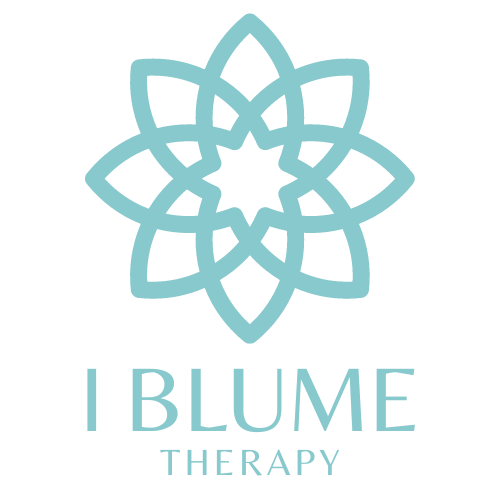Eating disorders can feel like a heavy cloud hovering over every aspect of life, impacting physical health, emotional well-being, and personal relationships.
But here’s the good news: recovery is not just possible; it can be a transformative journey! It often requires a comprehensive approach that combines therapy, nutrition counseling, and medical support.
Let’s explore how this holistic recovery plan can empower you or someone you care about to find healing.
Understanding Eating Disorders
Eating disorders aren’t just about food—they’re complex mental health conditions that affect how individuals view themselves, their bodies, and their relationship with food.
Conditions like anorexia nervosa, bulimia nervosa, and binge eating disorder each come with their own set of challenges, but they often share common threads, such as distorted body image and emotional struggles.
Recovering from an eating disorder goes beyond just changing eating habits; it’s about digging deep to understand and address the underlying issues.
This is where a comprehensive approach can truly shine!
The Role of Therapy in Recovery
Therapy is a cornerstone of recovery, providing a supportive environment for individuals to explore their feelings and behaviors. Here’s how different therapeutic modalities can work wonders:
1. Cognitive Behavioral Therapy (CBT)
CBT is a powerhouse in treating eating disorders. It helps individuals recognize and challenge distorted thoughts about body image and self-worth.
By reframing these negative beliefs, individuals can develop healthier coping strategies and find a more balanced approach to food.
2. Dialectical Behavior Therapy (DBT)
DBT equips individuals with essential skills for emotional regulation and distress tolerance. For those facing the emotional turmoil often tied to eating disorders, DBT can provide invaluable tools to manage overwhelming feelings and improve relationships.
3. Family-Based Therapy (FBT)
FBT is particularly effective for younger individuals struggling with eating disorders.
This family-centered approach encourages open communication and support, allowing family members to play an active role in the recovery process and help rebuild trust.
The Importance of Nutrition Counseling
Nutrition counseling is a vital piece of the recovery puzzle. Here’s why it’s essential:
1. Restoring Nutritional Balance
Working with a registered dietitian who specializes in eating disorders can help individuals restore their nutritional balance and learn how to nourish their bodies effectively. Personalized meal plans focus on balanced eating and address any nutritional deficiencies.
2. Developing a Healthy Relationship with Food
Nutrition counseling promotes a healthy relationship with food by teaching individuals that food is fuel, not the enemy.
This process encourages mindful eating practices, helping people reconnect with their hunger cues and learn to listen to their bodies.
3. Overcoming Fear Foods
Many individuals have specific “fear foods” they avoid due to anxiety.
Nutrition counseling guides individuals in gradually reintroducing these foods, breaking down barriers and building confidence in their ability to enjoy a variety of foods without guilt.
Medical Support: A Necessary Component
In addition to therapy and nutrition counseling, medical support is crucial in the recovery process. Here’s how it fits into the comprehensive approach:
1. Monitoring Physical Health
Eating disorders can lead to serious health issues, from malnutrition to heart problems. Regular medical check-ups are essential to ensure individuals’ physical health stabilizes throughout recovery.
2. Addressing Co-Occurring Conditions
It’s common for individuals with eating disorders to experience co-occurring mental health conditions like anxiety or depression. Medical professionals can help manage these conditions through appropriate treatment and referrals.
3. Coordinating Care
A multidisciplinary team—including therapists, nutritionists, and medical professionals—ensures that all aspects of an individual’s recovery are addressed. This collaboration allows for a holistic approach, creating a seamless support system that adapts to each person’s needs.
The Power of a Holistic Recovery Plan
When therapy, nutrition counseling, and medical support work in harmony, they create a holistic recovery plan that addresses the many layers of eating disorders. This comprehensive approach provides a nurturing environment for individuals to heal physically and emotionally.
Embracing the Journey to Recovery
Recovery from an eating disorder is a journey filled with ups and downs.
It requires patience, resilience, and a willingness to confront difficult emotions. However, with the right support and resources, healing isn’t just a dream—it’s a reality!
If you or someone you care about is struggling with an eating disorder, remember that seeking help is a brave first step. A comprehensive approach can provide the tools needed to reclaim your life and well-being.
Ready to Start Your Healing Journey?
At I Blume, we’re dedicated to supporting you on your path to recovery.
Our multidisciplinary team is here to provide personalized care tailored to your unique needs.
Reach out to us today and let’s explore how we can help you heal from eating disorders and build a brighter, healthier future together!

